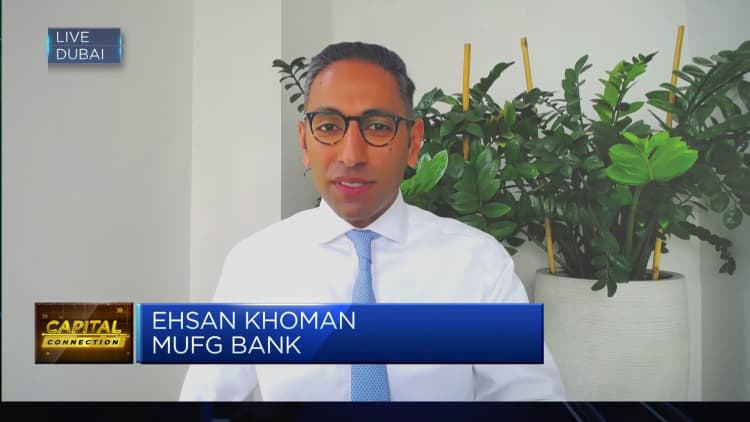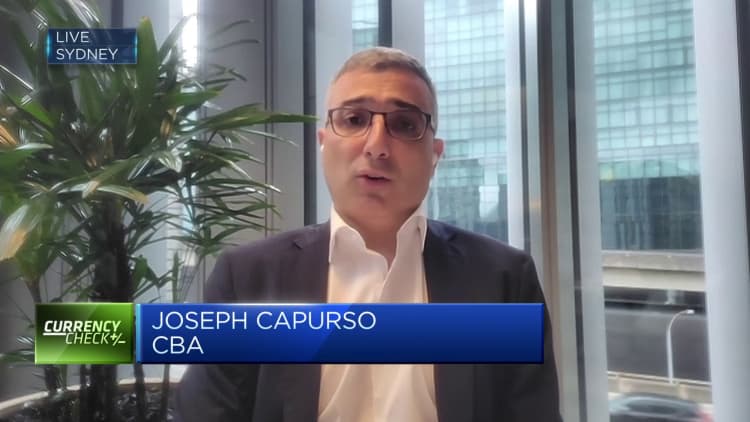European Central Bank (ECB) President Christine Lagarde speaks as she presents the bank’s 2022 Annual Report to the European Parliament, in Strasbourg, eastern France, on February 26, 2024.
Frederick Florin | AFP | Getty Images
FRANKFURT — The European Central Bank will meet again this week amid falling inflation, a slight recovery in economic activity and the overall understanding that its next interest rate move will be downward.
The only question really for markets is, when will that happen?
Some months ago, the markets were convinced that the March meeting will be “the one.” But that’s clearly no longer the case. So what is likely now?
“Unlike in previous meetings, the question of the timing of a rate cut will now be on the agenda,” said Natixis ECB watcher Dirk Schumacher in a research note.
“The updated staff projections are likely to show a downward revision of inflation for this year, reinforcing the signal that the ECB is moving closer to a rate cut.”
The recent consumer price readings showed a slowdown of headline inflation to 2.6% in February, but service prices still rose by 3.9% for the month.
On top of that comes other continuing price pressures, such as the ongoing strike action in Germany, which is a clear sign that wages are probably still on the rise.
“The upside core surprise was in services, which the ECB will interpret as more domestic and therefore more cautionary for monetary policy,” said Mark Wall of Deutsche Bank in a research note.
“There is no reason to think that the short-term pace of underlying inflation has eased. If anything, it might be a little stronger.”
With the economy in the euro area on aggregate being more resilient than first thought back toward the end of last year, there is less pressure for the ECB to quickly cut rates. Recent PMIs (purchasing managers’ index) have even shown an improvement of economic sentiment with the services component even back above 50, which signals an expansion for that sector — not a contraction.

That’s why market expectations has shifted to June for a first rate cut.
“The ECB will likely take a cautious approach — as it would not want to undo its progress in the fight against inflation on the home stretch towards the target,” said Berenberg’s Chief Economist Holger Schmieding in a research note.
“We thus expect the ECB to wait until June for a first rate cut of 25bp.”
How many rate cuts will follow of course depends on the data.
A small glimpse into the future will be provided at Thursday’s ECB press conference with a new round of staff projections.

Credit: Source link












